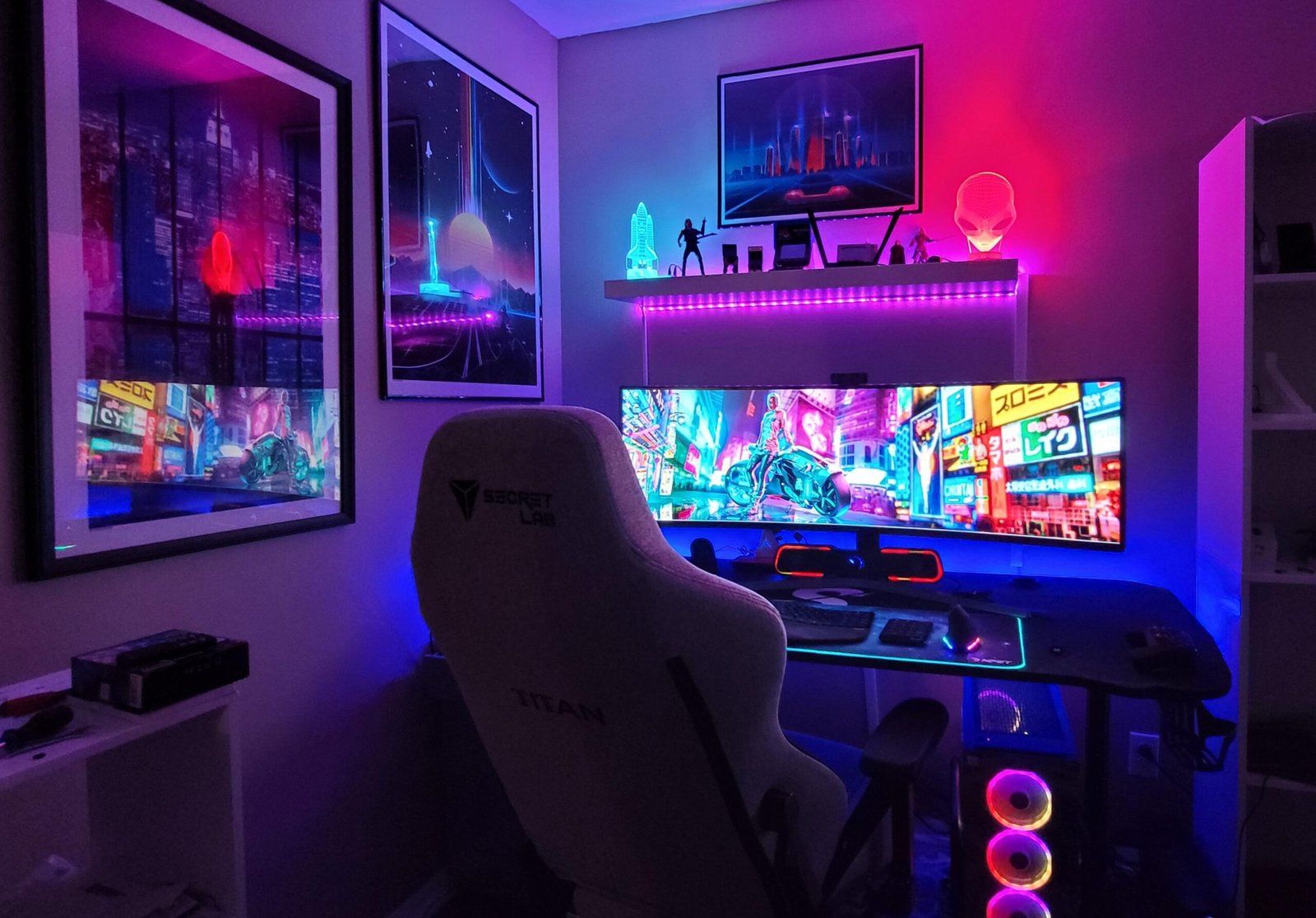Understanding the Role of a Gimkit Host
Gimkit has emerged as a popular and dynamic learning tool in classrooms, captivating students and educators alike. The role of a Gimkit host is pivotal in ensuring that each session runs smoothly and achieves its educational objectives. Whether it’s a teacher, a student leader, or a group facilitator, the host has the power to shape the learning experience. Understanding the responsibilities and capabilities of a Gimkit host can transform any session into a seamless and interactive journey for participants.
Hosting on Gimkit involves more than just launching a game. A host must be well-versed with the platform’s features, from selecting appropriate game modes to managing participant access. Gimkit offers various modes, such as “Classic” and “Team Mode,” which cater to different teaching objectives and group dynamics. The host’s decisions in setting up the game significantly impact engagement and educational outcomes. Mastery over these options ensures the experience is tailored to meet learning goals effectively.
A Gimkit host plays a critical role in fostering collaboration and competition among participants. By selecting the right game modes, the host can encourage teamwork or individual effort. Team Mode, for instance, allows participants to work collaboratively, which is ideal for fostering group discussions and collective problem-solving. Conversely, Solo Mode can help motivate individual participants to push their limits and achieve personal goals. The host’s understanding of these dynamics is essential to maximize the potential of each game.
Managing the technical aspects of hosting on Gimkit is another significant responsibility. A successful host must ensure stable internet connectivity, proper device setup, and seamless integration with any external tools like projectors or smartboards. Additionally, they should be prepared to address technical issues, such as participant login troubles or unexpected game glitches. This technical competence ensures that the focus remains on learning rather than troubleshooting.
Gimkit hosts must also consider the content and questions used in each game. Customizing the content to match the lesson’s objectives not only reinforces learning but also keeps participants engaged. The platform allows hosts to create or import question sets, offering flexibility and creativity in lesson planning. Thoughtful preparation of content ensures that the session is both educational and enjoyable.
Time management is another critical skill for a Gimkit host. Allocating adequate time for each round, balancing gameplay with discussions, and ensuring the session stays on track are essential for maintaining participant interest. A host who skillfully manages time can avoid rushed gameplay or prolonged sessions that may lead to disengagement.
The ability to engage participants dynamically sets an excellent Gimkit host apart. Interaction and encouragement during the game can boost participant morale and motivation. Celebrating successes, providing constructive feedback, and addressing challenges are all part of effective hosting. A host’s enthusiasm often sets the tone for the entire session, making it memorable and impactful.
A Gimkit host can use analytics provided by the platform to enhance learning outcomes. After each game, hosts have access to detailed reports on participant performance, highlighting areas of strength and improvement. These insights are invaluable for tailoring future sessions and addressing specific learning gaps. Using this data effectively can elevate the educational impact of Gimkit games.
Flexibility is another hallmark of a successful Gimkit host. The platform’s versatility allows hosts to adapt games on the fly, whether by adjusting the difficulty, modifying rules, or incorporating feedback from participants. This adaptability ensures that sessions remain engaging and relevant, even if initial plans need alteration.
Understanding the audience is crucial for a Gimkit host. Different age groups and skill levels require tailored approaches to hosting. For younger participants, games may need to be simpler and more visually engaging, while older groups may appreciate complex questions and strategic gameplay. A host’s ability to read the room and adjust accordingly enhances the experience for all participants.
Gimkit hosts have the unique opportunity to foster a sense of community within the classroom or group. By creating a welcoming and inclusive environment, they can ensure that all participants feel valued and heard. This sense of belonging encourages active participation and collaboration, enriching the overall learning experience.
Innovation is key to keeping Gimkit sessions fresh and exciting. Hosts who experiment with new game modes, question formats, or thematic sessions often find greater engagement from participants. This creativity ensures that Gimkit remains a versatile tool for long-term educational use.
The role of a Gimkit host is as much about leadership as it is about technical skills. Leading by example, maintaining a positive attitude, and demonstrating patience are essential traits. A host’s demeanor can significantly influence participant behavior, promoting respect and enthusiasm throughout the session.
A Gimkit host must be prepared to handle challenges, whether technical or interpersonal. Addressing disruptions, managing time constraints, and resolving conflicts are all part of the role. Effective problem-solving ensures that the focus remains on learning and enjoyment.
Feedback is a valuable tool for Gimkit hosts to improve their sessions. Soliciting input from participants about what they enjoyed and what could be improved fosters a culture of continuous improvement. This feedback loop helps hosts refine their strategies and deliver more impactful sessions over time.
Gimkit hosts can leverage multimedia elements to enhance the gaming experience. Incorporating videos, images, and sounds into question sets makes the content more engaging and relatable. These elements can also help reinforce learning objectives in a visually appealing manner.
Understanding the platform’s updates and new features is crucial for Gimkit hosts. Staying informed about the latest tools and capabilities ensures that hosts can maximize the platform’s potential. This proactive approach keeps sessions fresh and aligned with modern educational practices.
Inclusivity should be a priority for every Gimkit host. Ensuring that all participants, regardless of skill level or background, can contribute and benefit from the session is essential. Inclusive hosting practices create a supportive environment where everyone can thrive.
The ability to inspire and motivate participants is a defining characteristic of a great Gimkit host. Through enthusiasm, encouragement, and recognition, hosts can ignite a passion for learning among participants. This motivational aspect often has a lasting impact beyond the session itself.
Gimkit hosts play a vital role in bridging the gap between technology and education. By effectively integrating the platform into lessons, they can enhance traditional teaching methods and provide a more interactive learning experience. This integration fosters a deeper understanding of subjects and promotes digital literacy.
Collaboration among Gimkit hosts can lead to improved strategies and shared best practices. Joining online communities, participating in forums, or attending workshops allows hosts to exchange ideas and learn from others’ experiences. This collaborative spirit enriches the overall quality of Gimkit sessions.
The success of a Gimkit session often hinges on the host’s ability to balance fun and education. Striking this balance ensures that participants remain engaged while achieving learning objectives. A skilled host knows how to maintain this equilibrium, making the experience both enjoyable and impactful.
The journey of becoming a proficient Gimkit host is one of continuous learning and adaptation. By embracing feedback, staying updated with platform features, and honing their skills, hosts can consistently deliver outstanding sessions. The role of a Gimkit host is not just about managing games; it’s about creating meaningful and memorable learning experiences that inspire and empower participants.





